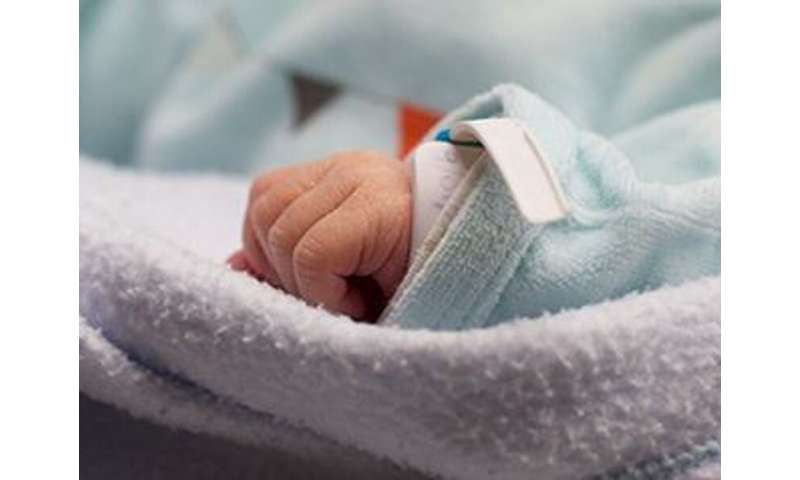
(HealthDay)—Less than one-third of infants born to mothers with hepatitis C virus infection (HCV+) receive appropriate HCV follow-up testing, according to a study presented at The Liver Meeting, the annual meeting of the American Association for the Study of Liver Diseases, held virtually from Nov. 13 to 16.
Tatyana Kushner, M.D., from Mount Sinai Hospital in New York City, and colleagues evaluated pregnancy outcomes and rates and predictors of appropriate infant HCV screening for infants born to HCV+ women with cirrhosis. Appropriate HCV infant testing was defined as an infant HCV antibody at ≥12 months of age. Out of 1,393 HCV+ pregnancies, the analysis included data on 194 births in 151 women with cirrhosis (2000 to 2014).
The researchers found that HCV was initially diagnosed during pregnancy in 34 percent of women. For cirrhosis, 46 percent were diagnosed before pregnancy and 45 percent were diagnosed during or after pregnancy. Hepatic decompensation was seen in less than 3 percent of women during pregnancy. Adverse pregnancy outcomes included intrahepatic cholestasis (10 cases), hypertensive complications (17 cases), gestational diabetes (10 cases), and postpartum hemorrhage (22 cases). For infant outcomes, 26 infants were small and 17 were large for gestational age. Less than one-third of infants (62 of 194) received appropriate HCV testing. Appropriate infant testing was associated with timing of cirrhosis diagnosis and maternal age. There was no association observed for maternal hepatic decompensation and adverse pregnancy outcomes with appropriate infant testing.
“In the setting of the recently updated national guidelines for universal HCV screening in pregnancy, our study draws attention to the work we need to do in order to optimize outcomes in women with HCV and their children,” Kushner said in a statement.
Source: Read Full Article
